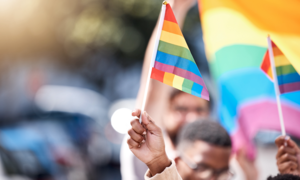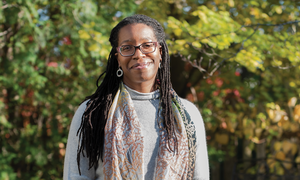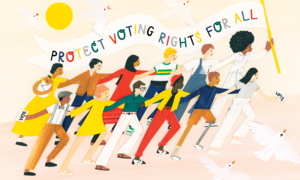page
History and the Power of Place
Video and Q&A conversations with Civil Rights Movement activists and witnesses to history: Jo Ann Bland of Selma, Alabama; Charles Person of Atlanta, Georgia; Valda Harris Montgomery of Montgomery, Alabama; and Helen Sims of Belzoni, Mississippi.
October 21, 2024






